Skin expert gives mommy advice on caring for children with eczema

MANILA, Philippines — Atopic dermatitis, more commonly known as eczema, is one of the most common inflammatory skin conditions affecting people of all ages, especially children, throughout the world.
According to a 2017 article published by the American Journal of Managed Care, the incidence rate of the disease has reportedly doubled or tripled in industrialized countries since the 1970s. Of this, 15% to 20% are children.
In the Philippines, records from Philippine Dermatological Society-accredited institutions show that 65.1% of outpatients with eczema are children aged 1 to 12 years, and 24% are infants who are less than 1 year old.
Young as they are, children cannot fully understand the effects of eczema, especially if untreated, on the quality of their lives. It is therefore imperative for moms to take immediate steps to address this skin concern.
It begins by knowing what exactly eczema is, from its causes to diagnosis, even myths surrounding it, and finally proper treatment, especially now in the face of a health crisis.
Dr. Ma. Victoria Dizon, pediatric dermatologist, lends her expertise to help moms better care for their kids with eczema.
What eczema is
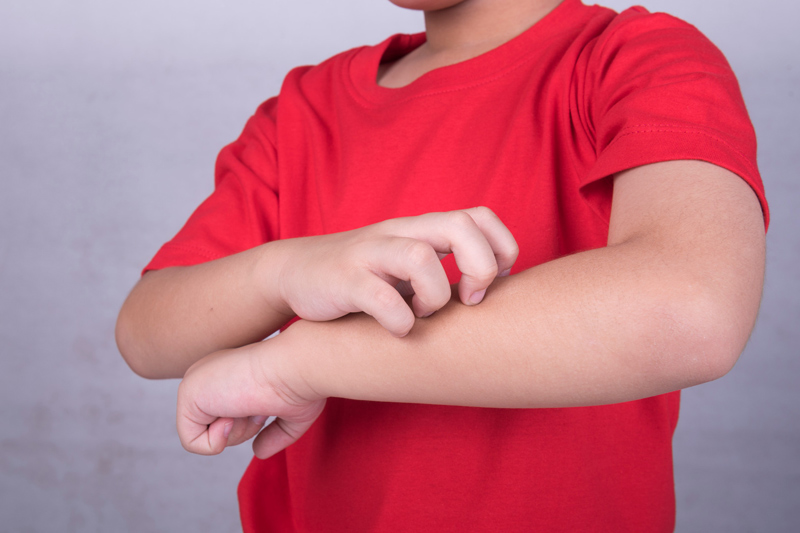
According to Dr. Dizon, eczema is characterized by a rash that is itchy and red, which are mostly identified as contact or seborrheic dermatitis, among others.
“In worse cases, it can develop tiny blisters that lead to an oozing weeping wound,” she shares.
She adds to watch out for visible signs including:
- Itchiness
- Dryness, roughness, sometimes oozing
- Redness and with scales
- Thickened scratch marks and scabs
- Swelling
What causes it
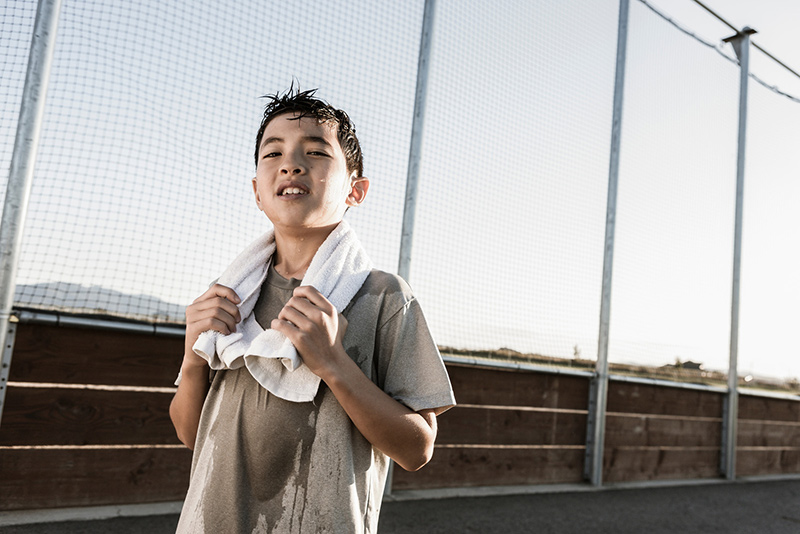
While genetics play a big part in developing eczema, there are other important factors that cause it.
“Environment triggers like heat, sweat, dust and pollution, can challenge the sensitive skin and cause eczema. The causes of eczema in children may differ from the adults because kids may have different allergen exposures based on their activities, like outdoor sports for example, while adults have occupation-related causes,” Dr. Dizon explains.
Given genetic propensity and environmental factors that lead to eczema, this sheds light on the misconception that it is contagious. Eczema simply isn’t.
Eczema during pandemic
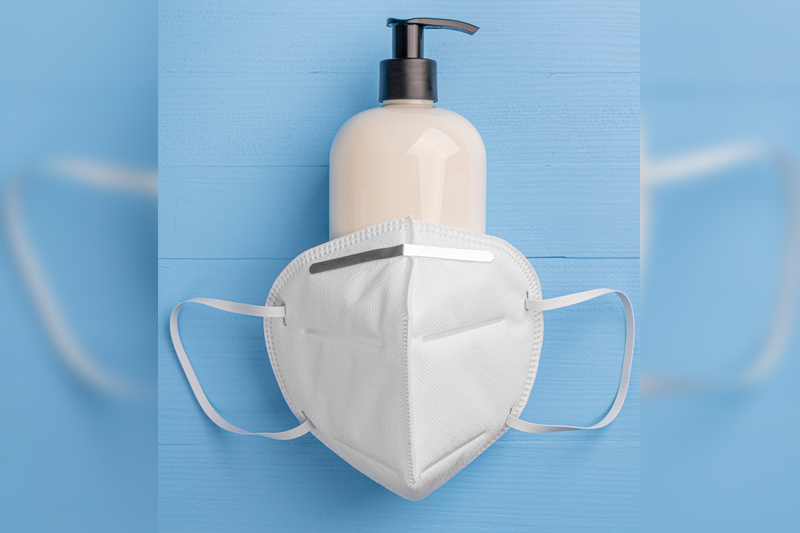
Significant shifts in everyday life have been observed as a result of the global health crisis, including constant handwashing and frequent use of alcohols and other disinfectants.
These have become major triggers for eczema breakouts, as the said products strip away the skin’s natural oils and interrupt the skin barrier by increasing its pH levels, directly resulting in alkalinity.
One way to mitigate or prevent the occurrence of eczema flares is to use mild, moisturizing soaps or cleaners as hand soaps.
It is equally important to restrict the use of alcohols and other disinfectants and to reserve them only when soap and water are not readily available.
“Frequent moisturizing of the skin will also function as a preventive and repairing step to address eczema problem,” adds Dr. Dizon.
Home care for moms
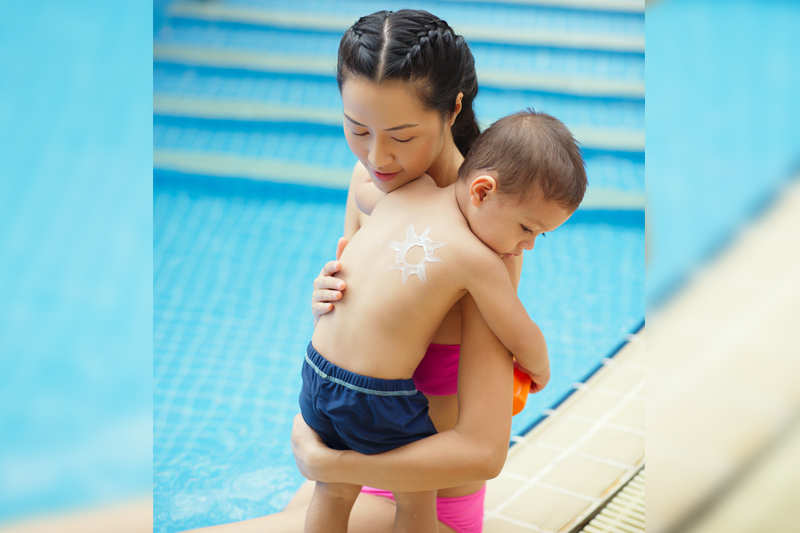
As the primary caregivers of children with eczema, moms must always remember one thing: They are dealing with children who have sensitive skin.
With this, Dr. Dizon shares tips to makes sure that their child’s skin is able to repair itself and stay healthy:
- Use mild neutral-pH soaps for bathing.
- Avoid scrubbing the skin.
- Moisturize frequently (especially after bathing).
- Eat nutritious food and drink lots of water.
- When signs of mild eczema are setting in, bring into the regimen the application of mild topical steroid creams or ointments.
- Always consult a physician when eczema rashes occur.
Lastly, moms must also be more discerning with the types of products they use to treat eczema.
What to look for in topicals
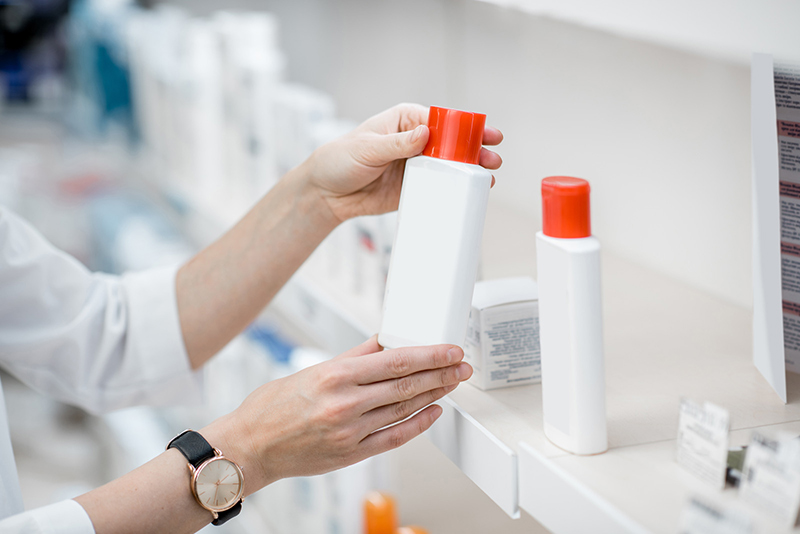
When it comes to topical medications, Dr. Dizon advises moms to be more scrutinizing.
“They should look for medicines that are mild or not too strong for use on children’s skin. They should also consider the choice of topical medication that is recommended by the doctor—a pediatrician, a family practice doctor, or a dermatologist/pediatric dermatologist),” she says.
“Avoid topical medications that can irritate that delicate skin. Never use topical medications that are too strong for the skin and those that can cause an allergic reaction,” she continues.
Eczema relief
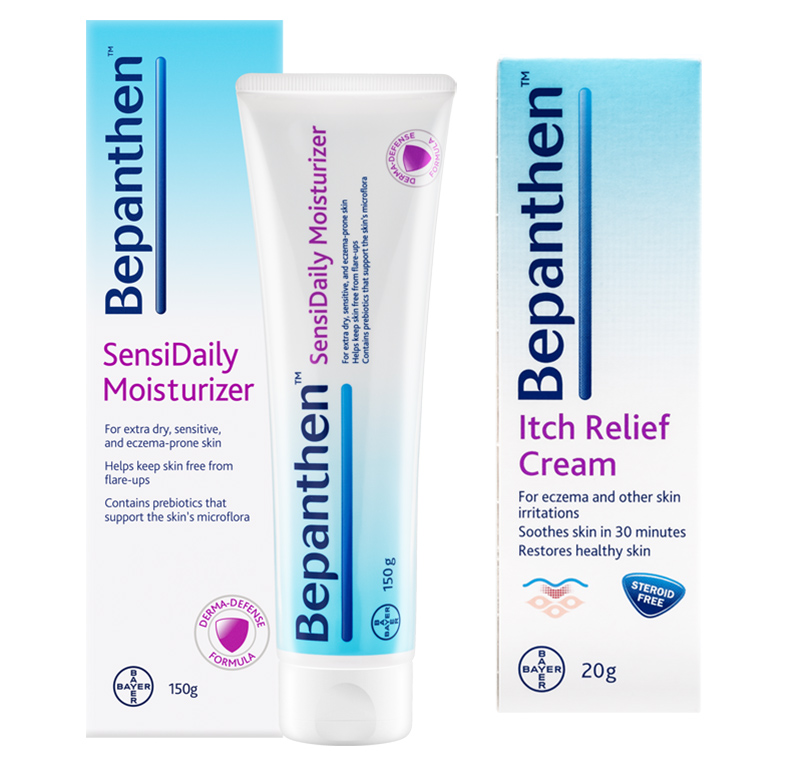
When it comes to healing and regeneration of vulnerable skin during and following eczema flare-ups, moms can choose Bepanthen products.
A steroid-free spot treatment, Bepanthen Itch Relief Cream contains dexpanthenol, a highly absorbent fatty emulsion that relieves eczema itch in as much as 30 minutes while repairing damaged skin barrier.
On the other hand, Bepanthen Sensidaily is formulated with prebiotics that support the skin's natural microflora, as well as niacinamide that helps regenerate the skin from within.
With these benefits, Bepanthen Sensidaily is clinically tested to help keep the skin flare-free for up to three months with regular use. It also helps keep the skin deeply hydrated which is essential to keeping the skin barrier strong and healthy.
Together, Bepanthen Sensidaily and Bepanthen Itch Relief Cream provide moms an eczema management solution for their children.
For more information, visit their website at www.bepanthen.com.ph or check them out on Facebook and Instagram. Bepanthen is available online via Shopee and Lazada, and in leading drugstores nationwide.
If symptoms persist, consult your doctor.
ASC Reference Code: B068P020221BS




















